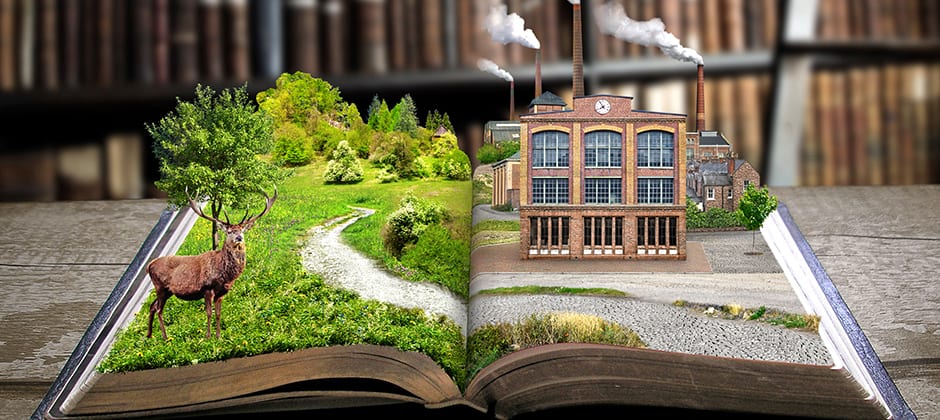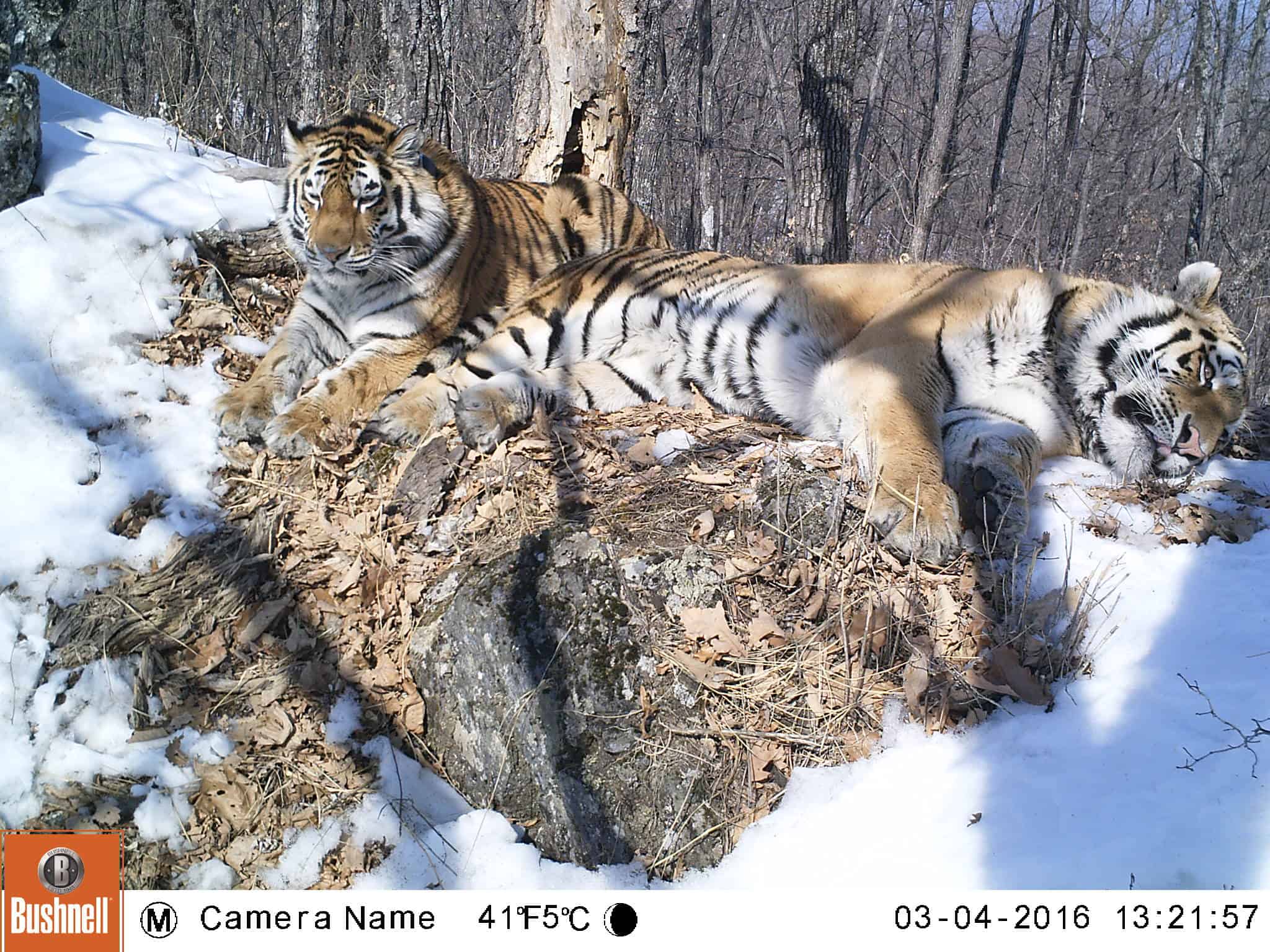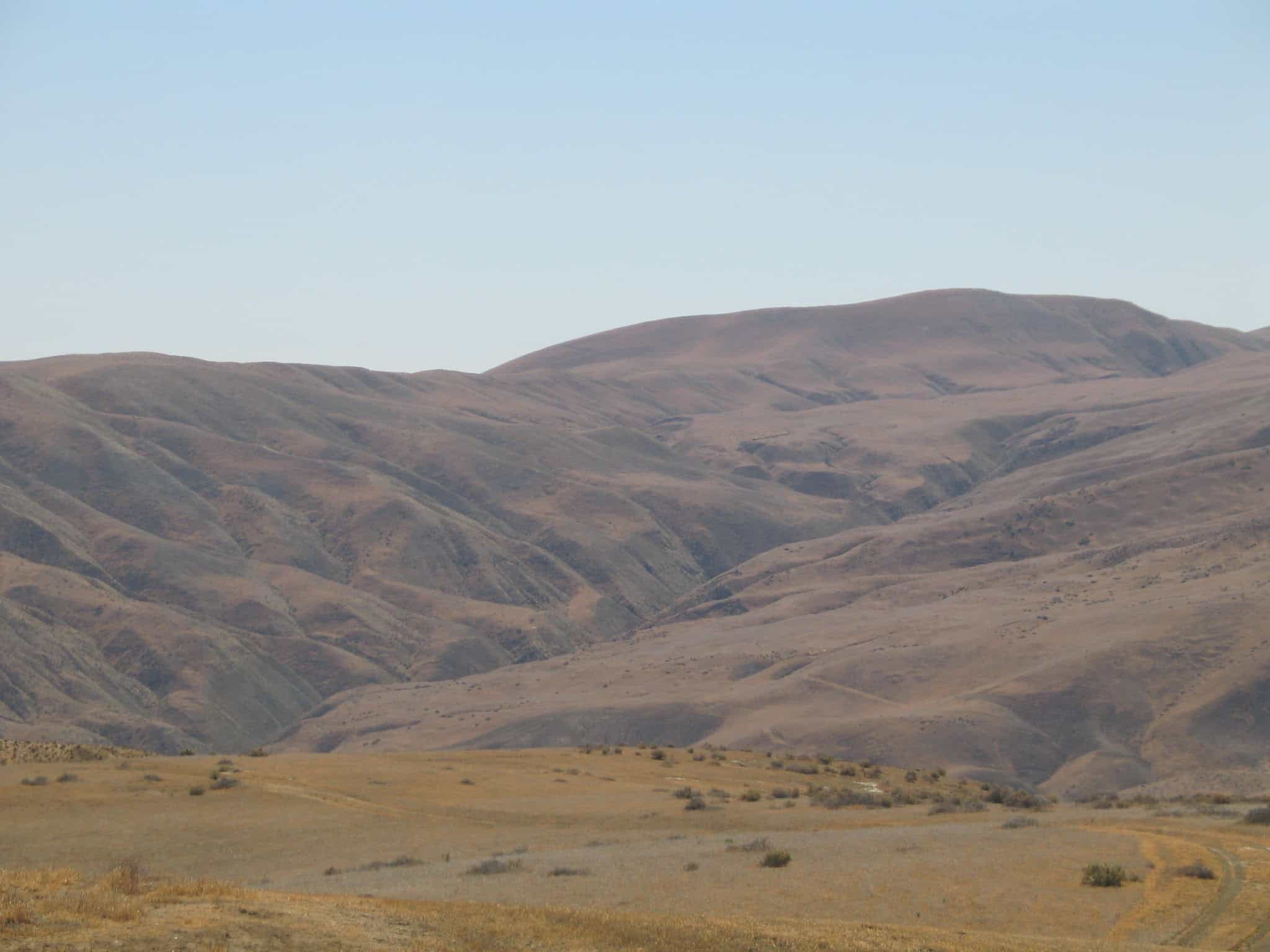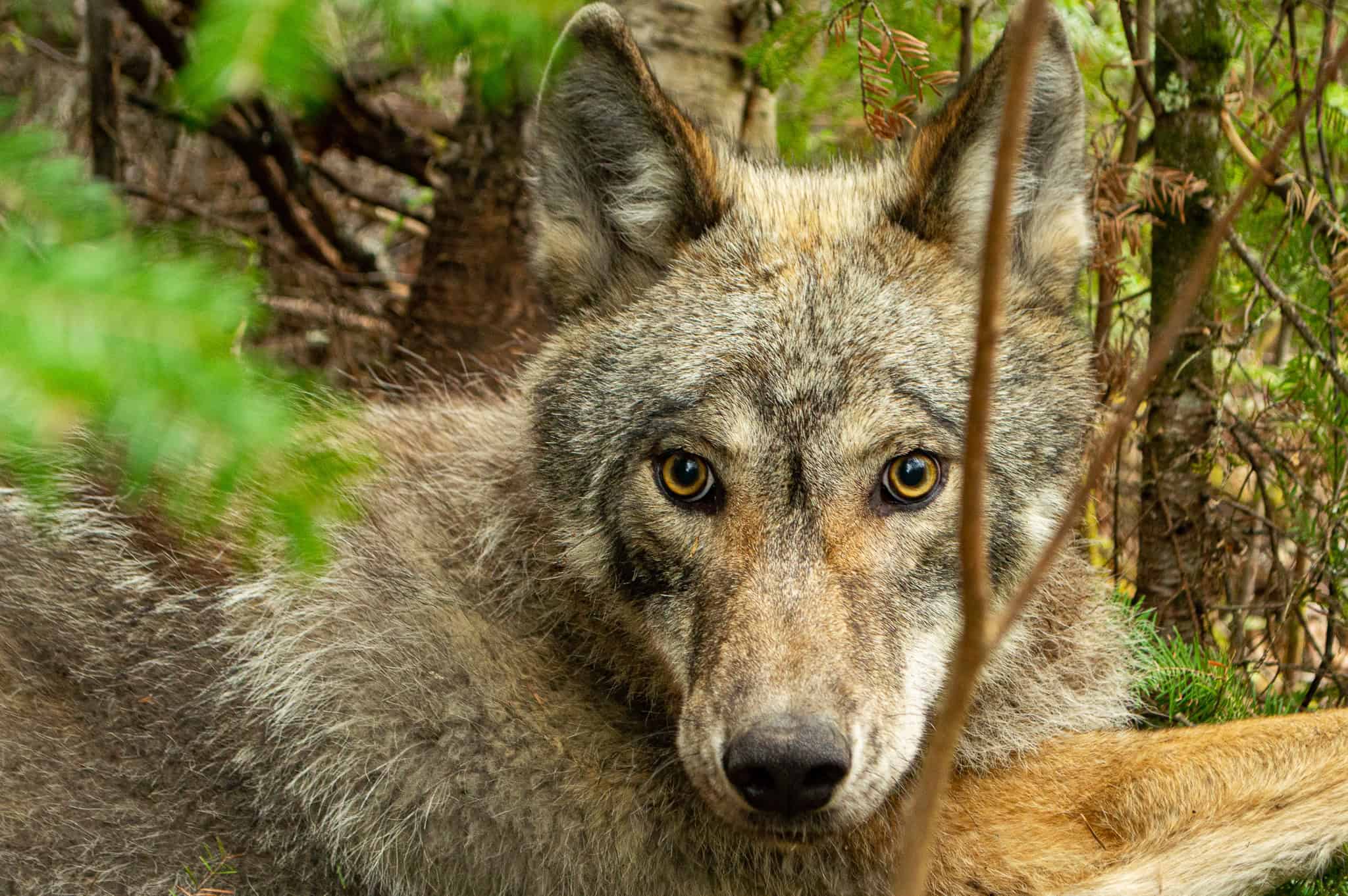Share this article
Biodiversity declining in fact—and in fiction
As species go extinct, they also seem to show up less in the novels we read. Researchers tapped into a digital dataset of works of fiction written in English between 1705 and 1969. After searching the texts for the common names of living things, they found a steady decrease in the species mentioned in English literature. Not only were species mentioned less frequently. They were also described less specifically (think plenty of “trees,” but fewer “oaks”). On the other hand, animals that people have more contact with, like dogs and horses, or potential threats, like lions and tigers and bears, continued to appear in literature.
Part of the change is related to colonialism, researchers believe. With colonization, the English language gained new words from nature, like “parrot” and “panther.” But it also seems to indicate that people are more disconnected from the natural world. “The real biodiversity crisis seems to be closely linked to a conceptual crisis,” said Christian Wirth, the senior author of the study published in People & Nature, in a press release. “We see that, starting with the dawn of industrialization, both crises run in parallel, and we assume they are interrelated and mutually reinforcing. I think that we can only halt the loss of biodiversity by means of a radical change in awareness.”
Read more from the German Center for Integrative Biodiversity Research.
Header Image: Biodiversity has been steadily declining in real life and in Western literature. Credit: Gabriele Rada/iDiv








